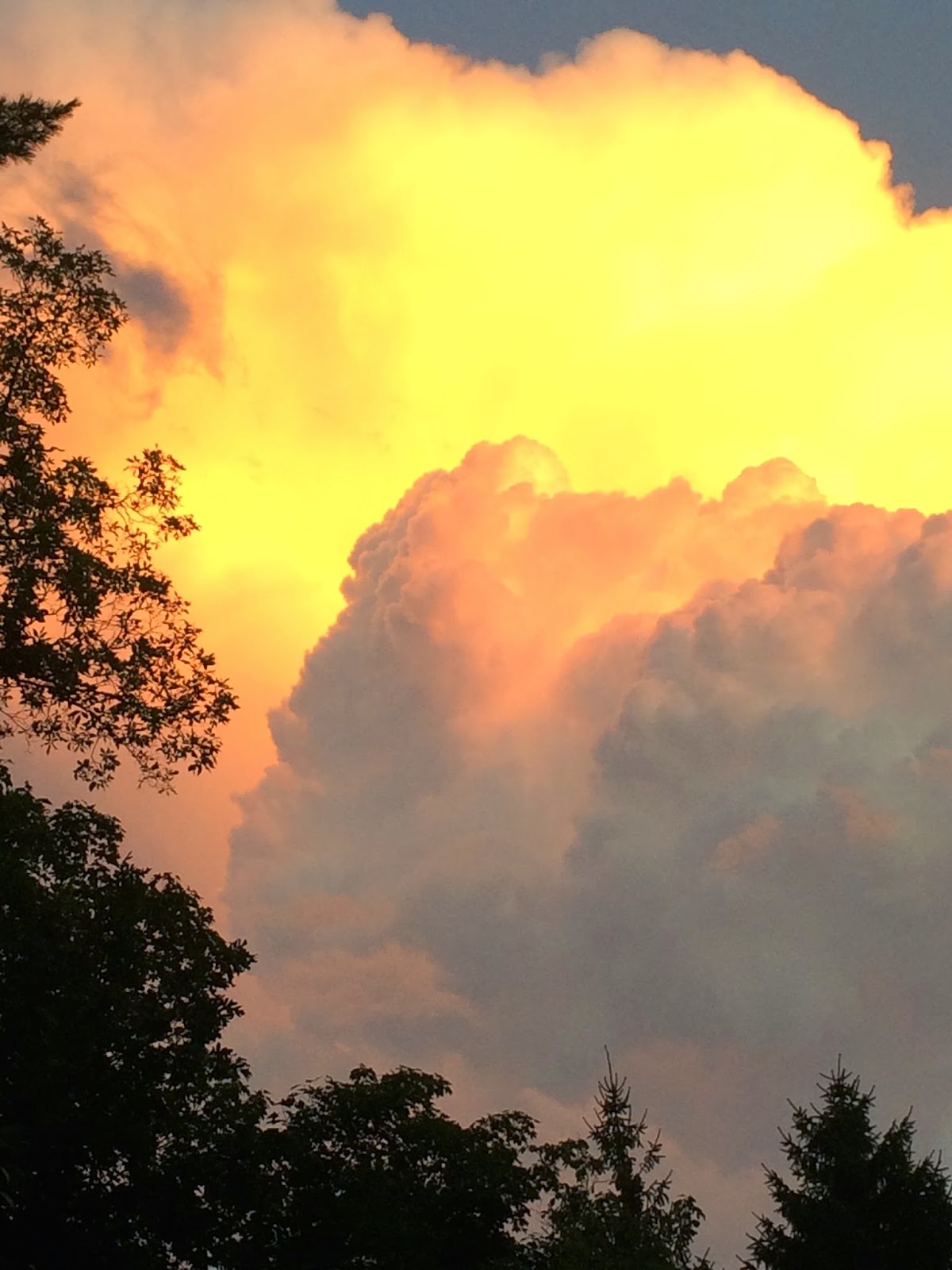Today’s reading is from the beginning of the book of Mark.
It is the story of
some fishermen who left their boats to follow a call. It must be an important
story as it one of the few that appears in all four gospels.
It always intrigues me why the writers of the synoptic
gospels have this story set at the beginning of the ministry of Jesus and the
gospel of John has it as a post-resurrection story. The gospels of Mark and
Matthew have a very brief account while the gospels of John and Luke go into
more detail.
I remember reading, a long time ago, a paper by James Dunn
who talked about story being used to convey truth. He cited examples of primitive
tribes where messages were conveyed through story. The details changed, but the
core truth remained the same. It is a way of conveying truth that is hard for
us in the Western world to get our heads around. If someone told me a story
most of which was just elaboration (or untruth) I would struggle to find them
credible, rather than understanding it as a means of communication. In the
Western world children are taught that untruth and exaggeration in a factual story
are always wrong.
However, becoming aware of that style of communication
helped me a lot in understanding the stories and parables in the gospels which
were, initially, orally communicated. The details aren’t too important. It
doesn’t matter if the stories in the various gospels don’t match up sentence by
sentence. The core message is what is important. The stories, the details, are
vehicles to convey a truth.
So today, our reading is one of four similar stories. The
details and timing vary somewhat, but that doesn’t matter. What is essential is
the truth they convey. I think the important thing is they all talk about a
call to do something. For the people in the gospels it was a call to a
religious life. It was a call to leave their trade and follow a different path.
It led me to ponder about the idea of a call on one’s life.
I wondered how the word “call” was defined in the sense I was using it. Various
dictionaries used words like demand, request, command, order, invitation,
summons. Strangely none used the word vocation which I would have expected. Unlike
many words, there wasn’t one definition that was used by all the sources. The
idea of call felt like it was more fluid, intangible, a deep inner experience
that no one definition could pin down.
So it is with this nebulous idea of call that I offer a few
thoughts.
Firstly, I think we all have a call on our lives. It doesn’t
have to be a religious call. Yet, the idea of following one’s call is a deeply
spiritual experience. It is something deep inside that we are drawn to do. Calls
can encompass every area of life. For society to function well, people need to
have different calls. It would not do if everyone was called to be a nurse, or
everyone was called to be a teacher, or everyone was called to be a plumber.
Secondly, I think, people may have multiple calls on their
lives. In our community we see that illustrated. There are people who are
called to be teachers (or nurses, or plumbers) and called to be priests or
called to prison ministry or called to feed the poor.
Thirdly, I think that calls are received in different ways.
In our story in the gospels the fishermen are called and responded in an
instant. That happened with Andy and I over foster care. In 1982 we read a
newspaper article about the need for foster parents in the area we were then
living. We responded instantly and, now, in 2015 we still have a house full of
children. Yet, other calls are simply a growing awareness that this is
something I should think about doing. They take time to develop and come to
maturity. They should not be rushed.
Fourthly, I think calls can be for life or they can be time
limited. I remember in my college days feeling a strong call to go and feed the
homeless who could be found under Waterloo Bridge at night. I joined a team of
others and we took soup and bread throughout the long winter nights. It was a
call that was right for that brief time in my life but then I moved on to
different things.
Fifthly, following a call isn’t always going to be easy. In the
gospel reading today the fishermen who answered the call ended up murdered or
exiled. While that is probably not going to happen to any of us it is important
to remember that just because one has a deep, inner conviction that this is the
right thing to do doesn’t make it easy. There will be times when whatever one
is doing may feel boring, mundane, stressful, overwhelming, upsetting, etc. It is
not the easy option but definitely worthwhile.
Finally, I will let Thomas Merton have the last word.
“Discovering vocation does not
mean scrambling toward some prize just beyond my reach but accepting the
treasure of true self I already possess. Vocation does not come from a voice
“out there” calling me to be something I am not. It comes from a voice “in here”
calling me to be the person I was born to be, to fulfill the original selfhood
given me at birth by God.” (No Man is An Island)

